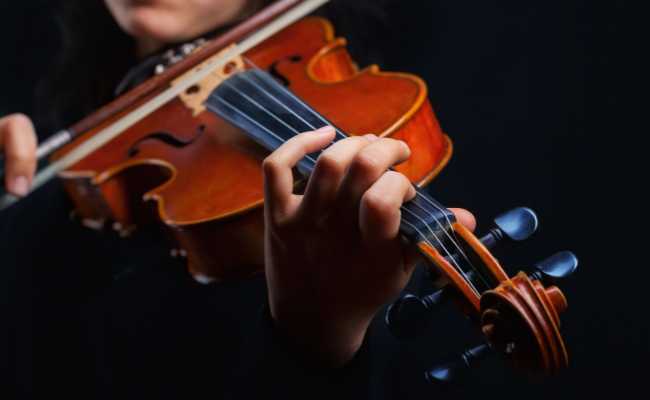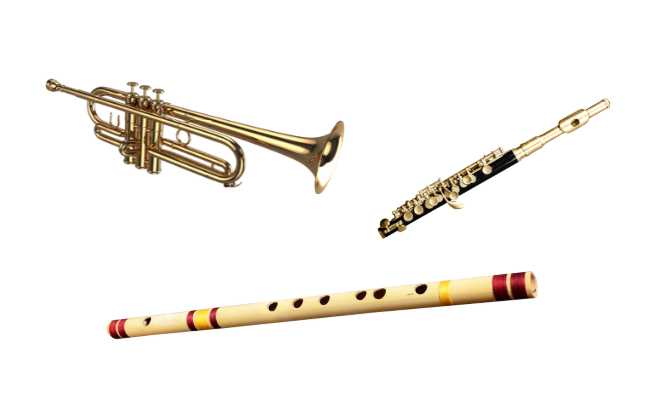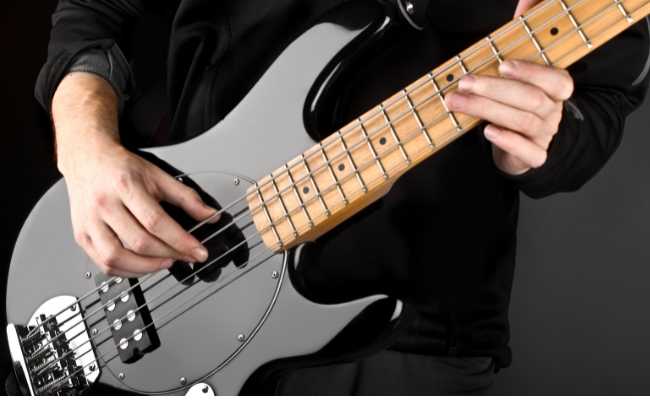For music lovers, playing an instrument can bring joy and a great sense of accomplishment. But for some, playing the most challenging instruments can seem overwhelming. And here are such 9 hardest instruments to play.
The complexity of the instrument, the difficulty of physically playing, and the degree of technique needed all make an instrument hard to play. Each instrument requires commitment and ability to master, whether learning intricate jazz improvisation on the saxophone or perfecting baroque-style ornamentation on the harpsichord.
9 Hardest instruments to play
Our list of the 9 hardest instruments to play includes acoustic and electronic instruments, from traditional to contemporary. You’ll find helpful information here if you’re looking for a challenge or want to learn more about these instruments.
However, if you’re a beginner in music, start with instruments for beginners.
1. The Harp: An Instrument of Musical Magic

The harp is one of the most complex musical instruments to master. It requires immense precision, artistry, and strength in both arms. The harp player must use both hands equally to press down the strings and create chords.
The harp has many strings (47 or more) and no frets to guide the musician’s fingers. All this makes the harp a complex instrument to learn and play.
But players are rewarded with a beautiful sound that is pleasing to the ear. Moreover, its “plucked” sound is unique among string instruments like the violin, cello, and guitar.
2. String Quartets: Achieving the Impossible

String quartets are the most complex musical instruments to play. Achieving harmony between four players with four different instruments playing complex music is an enormous undertaking.
The sound of a well-played string quartet is genuinely something special. A combination of beautiful melodies, sophisticated counterpoint, and intricate harmonies brings together a unified whole.
To be successful as a string quartet, each musician must not only master their instrument but also become proficient in listening. It is a skill that takes years to develop, and the best string quartets have been playing together for decades
3. Drums: Keeping the Beat at Any Level

Drums are the foundation of modern music, with a repertoire ranging from jazz and metal beats to rock, pop punk, and more. And mastering the drums is one of the most challenging instruments to play.
It requires incredible coordination, focus, and discipline to stay on beat while simultaneously controlling sounds. No easy feat!
Whether you’re playing a basic 4/4 rhythm or adding intricate fills or solos, there are a few key techniques that every drummer needs to know:
4. Violin: Captivating Audiences Everywhere

The violin is often called the most beautiful and captivating of string instruments. It can be heard everywhere, from classical orchestras to folk and modern pop music. But its captivating sound often comes with a challenging learning curve that takes practice and perseverance.
Let’s explore some of the reasons why the violin is one of the hardest instruments to learn:
- Intricate Fingerings: Violinists must be familiar with several fingerings to play different notes, as some notes require unique finger positions.
- Technique: Practising good technique from the start will help players master difficult passages on the instrument. At the same time, poor technique can lead to unnecessary difficulties later on.
- Accuracy: Violinists must strive to hit the right note every time. And maintain pitch and tone consistency throughout their performance.
- Musicality: The violin requires players to use technical proficiency and musicality to create smooth transitions between notes. Mainly when playing with other instruments.
It’s no wonder why some describe mastering the violin as a lifelong pursuit. Yet, at the same time, becoming a proficient player may take several years of consistent practice
5. Piano: Mastering Complexity with Ease

The piano is a beloved instrument, but don’t let its beauty fool you—it is one of the hardest to master. What makes it so complex? A few things:
- Multiple Elements
The piano combines several instruments into one, requiring the player to use both hands and feet to bring out the music. This requires advanced coordination, multitasking skills, and self-discipline to stay focused and practice regularly.
- Polyphony
Polyphony is when several notes are played simultaneously, creating a harmonic effect. Playing polyphonically on the piano requires intense concentration and technical knowledge, such as finger independence and hand delegation.
- Speed and dexterity
Unlike other stringed instruments, playing the piano offers no help from the strings or bow in terms of ease of playing. Instead, you need quick fingers, agility, and accuracy to excel at this complex instrument.
Despite its complexity, many find joy in mastering the various tricks of playing this timeless classic.
6. Wind Instruments: Making Sweet Music Together

Wind instruments are incredibly complex, requiring much physical and mental stamina. From brass to woodwinds, these instruments often involve multiple reeds, keys, slides, and valves—all needing to work harmoniously.
For musicians wanting to try a wind instrument, here are some of the more difficult ones to master:
- Flute: Considered one of the hardest instruments in the woodwind category due to its range and breath control requirements.
- Oboe: Notoriously tricky for a beginner due to its double-reed arrangement
- Clarinet: Regarded as one of the most challenging woodwind instruments due to its thin reeds and comprehensive range,
- French Horn: The difficulty of this brass instrument is based mainly on its size, which makes it challenging to transport.
- Trombone: Its sliding arm-length allows for greater expression but makes it hard to keep clean.
Wind instrument players need impressive manual dexterity and control, so mastering them requires much practice.
7. Brass Instruments: Achieving a Smooth Tone

Brass instruments are deceptively simple—they only require a few components to produce sound and come in various sizes and shapes. But, in the hands of a beginner, they can cause quite a headache!
The main challenge in mastering the brass family is achieving a smooth, consistent tone. To do this, you must practice correct breathing techniques.
Next up is your mouth position – getting it right can be tricky as it requires trial and error. Other techniques, such as adjusting air pressure and varying lip tension, can help you control volume, pitch, harmonics, and articulation.
8. Guitar and Bass: Go Beyond Strumming

Playing guitar and bass may seem easy to the untrained eye, but these instruments require many techniques and skills to be performed correctly. Professional guitarists and bassists must be able to perform complex rhythms and chords, play solos, fingerpick, apply vibrato, and more.
Guitar players must master string bending while developing the ability to switch between different chords smoothly, even at a fast tempo. Bass players need to develop an understanding of timing and groove while also mastering hammer-ons, pull-offs, slides, taps, and more.
Guitars and basses certainly require years of practice to master, whether you want to join a band or just strum along at home.
9. Accordion: Turning the Tunes into Art

If the accordion were a person, it would certainly be an artist. Unfortunately, due to its complex keyboard layout and button arrangement, the accordion is one of the most challenging instruments to play music on.
Before successfully mastering the accordion, musicians must learn how to use proper hand and finger positioning and control the bellows. To do this successfully requires practice and dedication, as each key requires a specific technique and finger movement.
Once the basics are learned, more intricate techniques must be mastered to create beautiful melodies with the accordion. This includes an understanding of phrasing and articulation, as well as an understanding of different harmonic sounds and their use in compositions.
Conclusion
So, these are the 9 hardest instruments to play. They require significant practice and dedication, mastery of technical understanding, a true passion for the instrument, and an indomitable spirit.